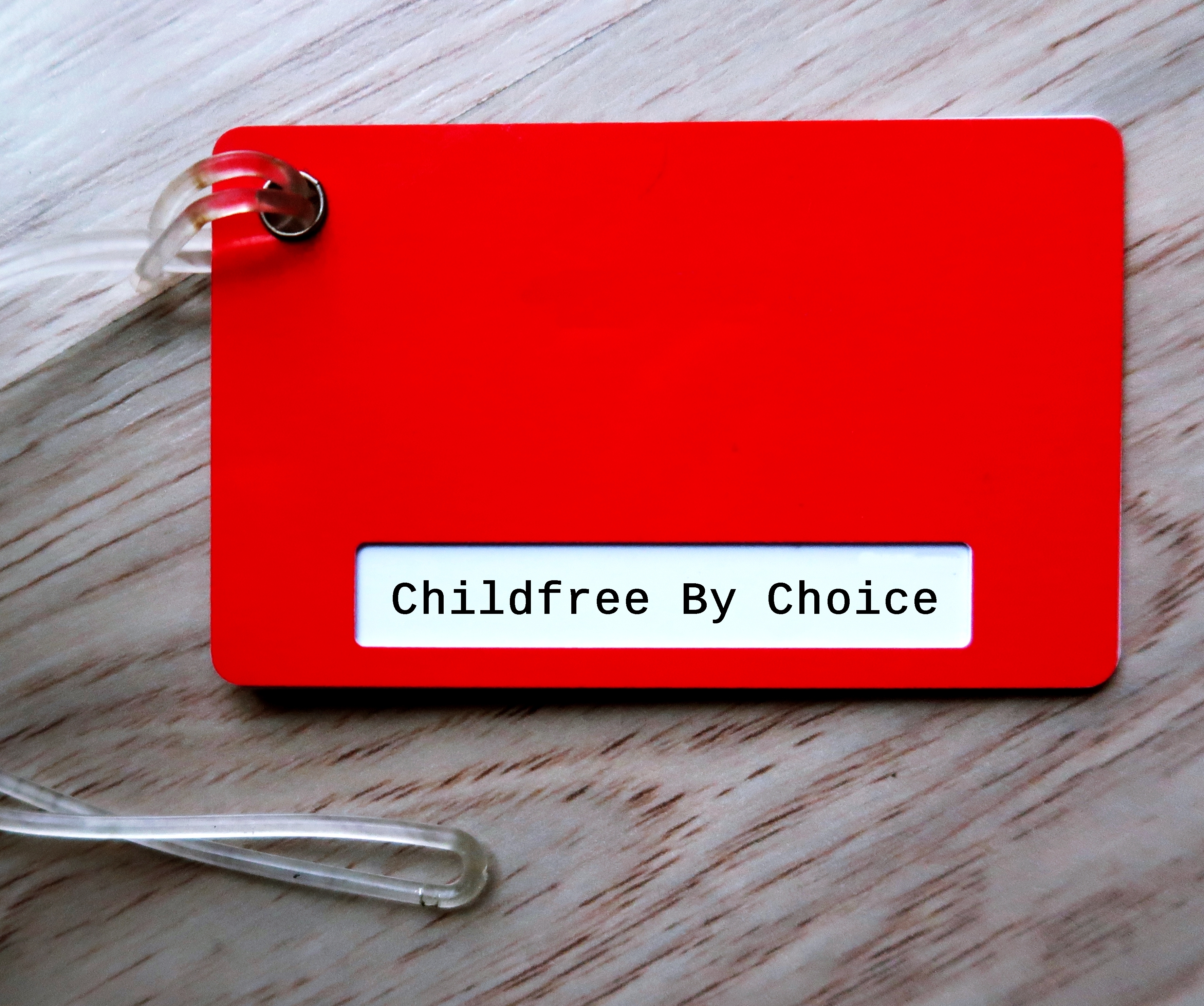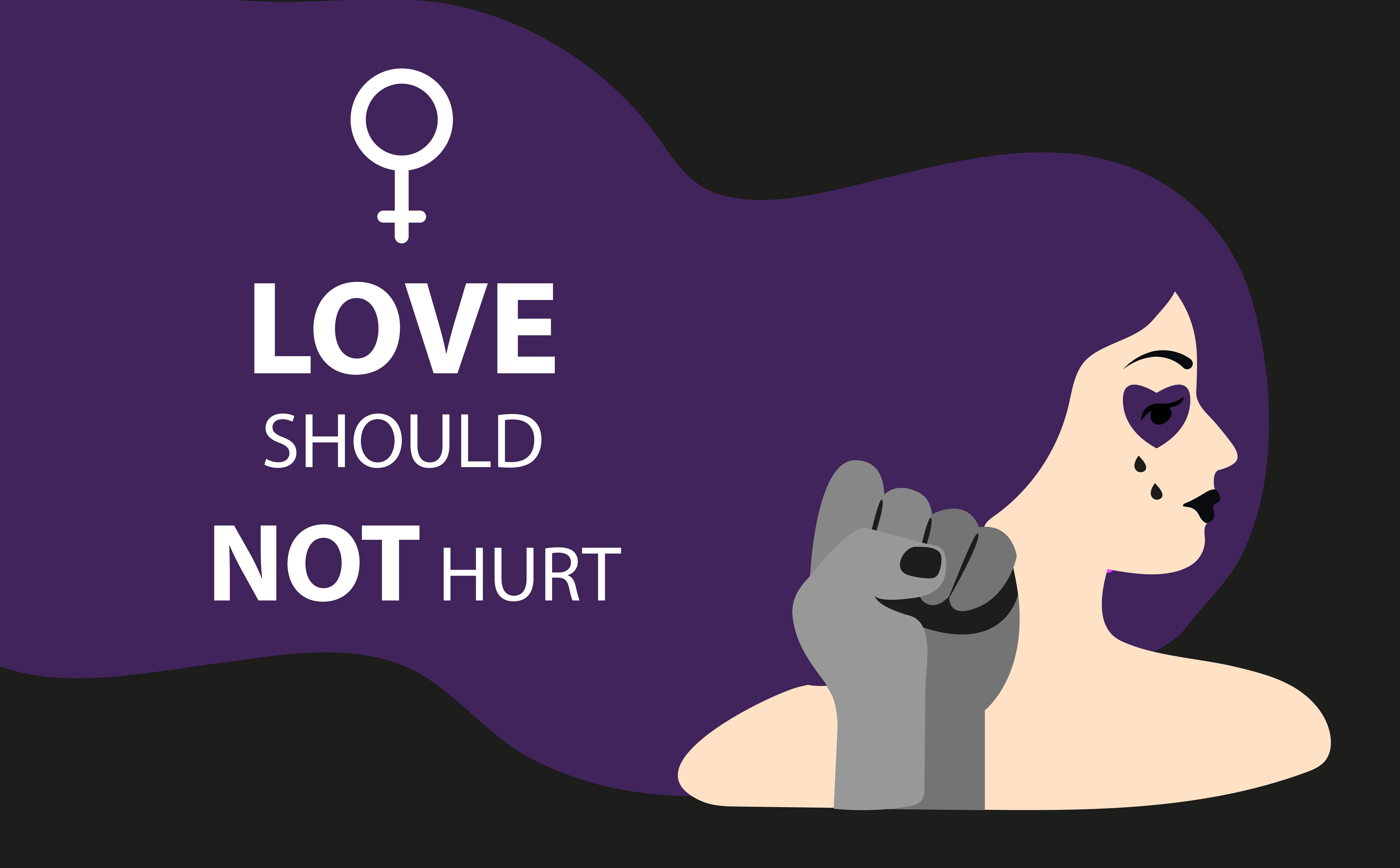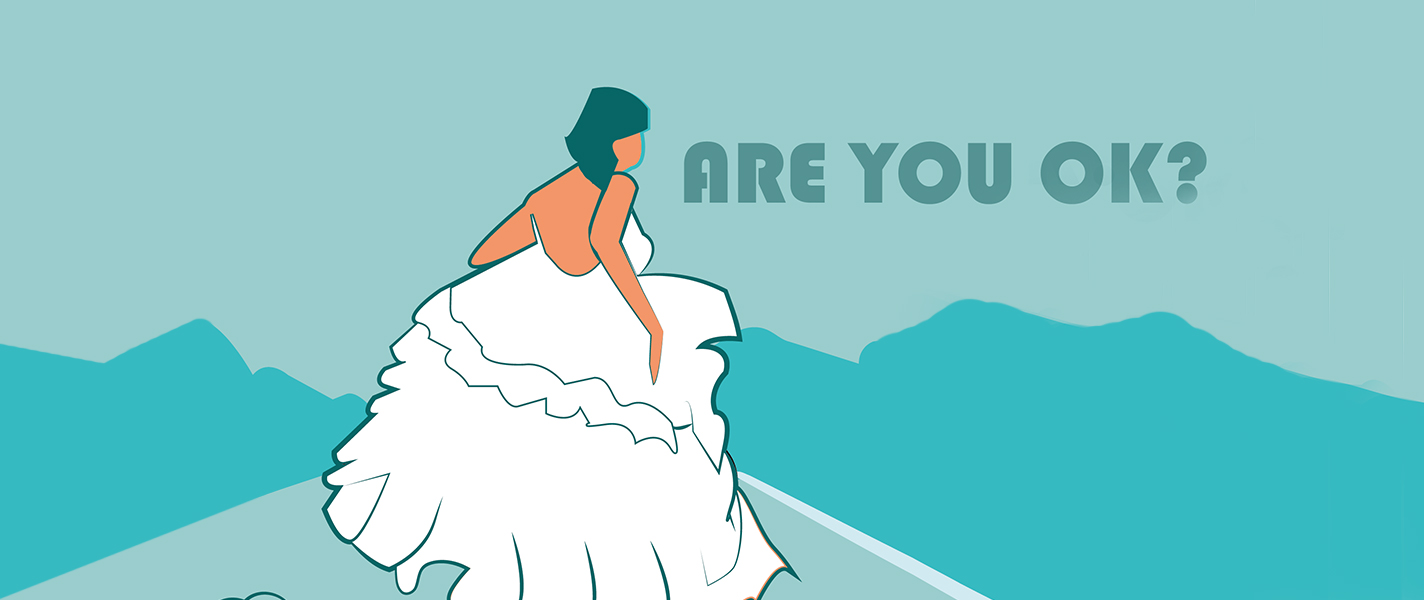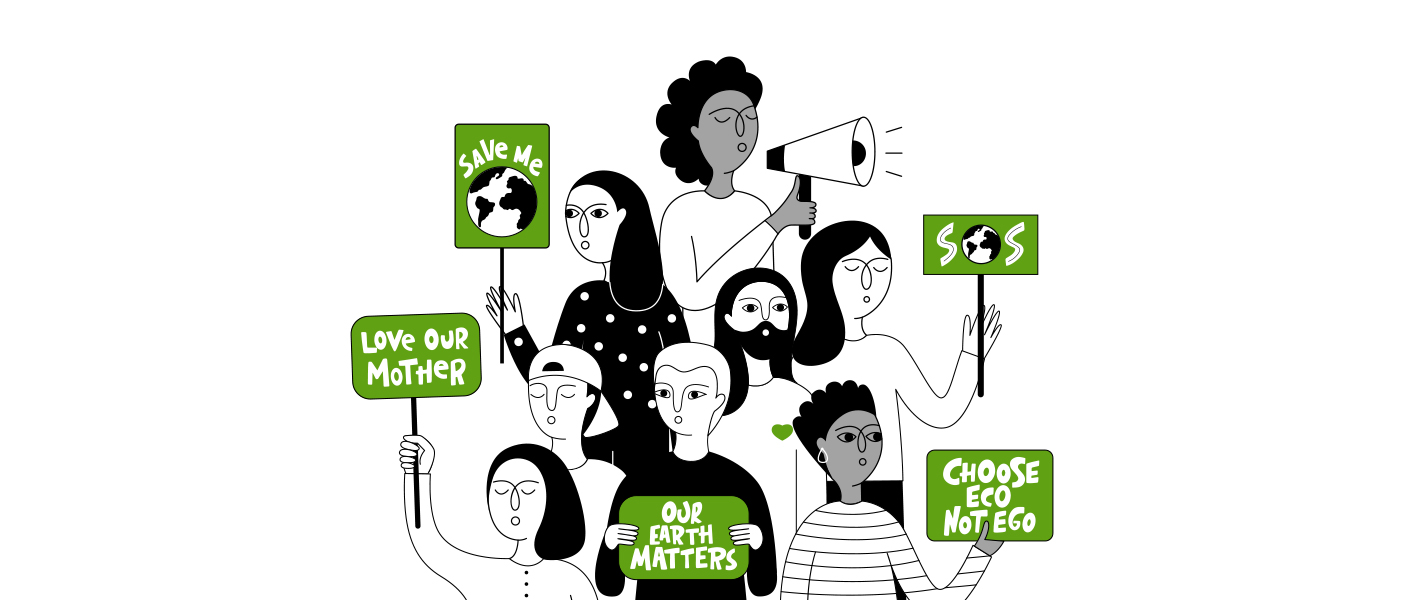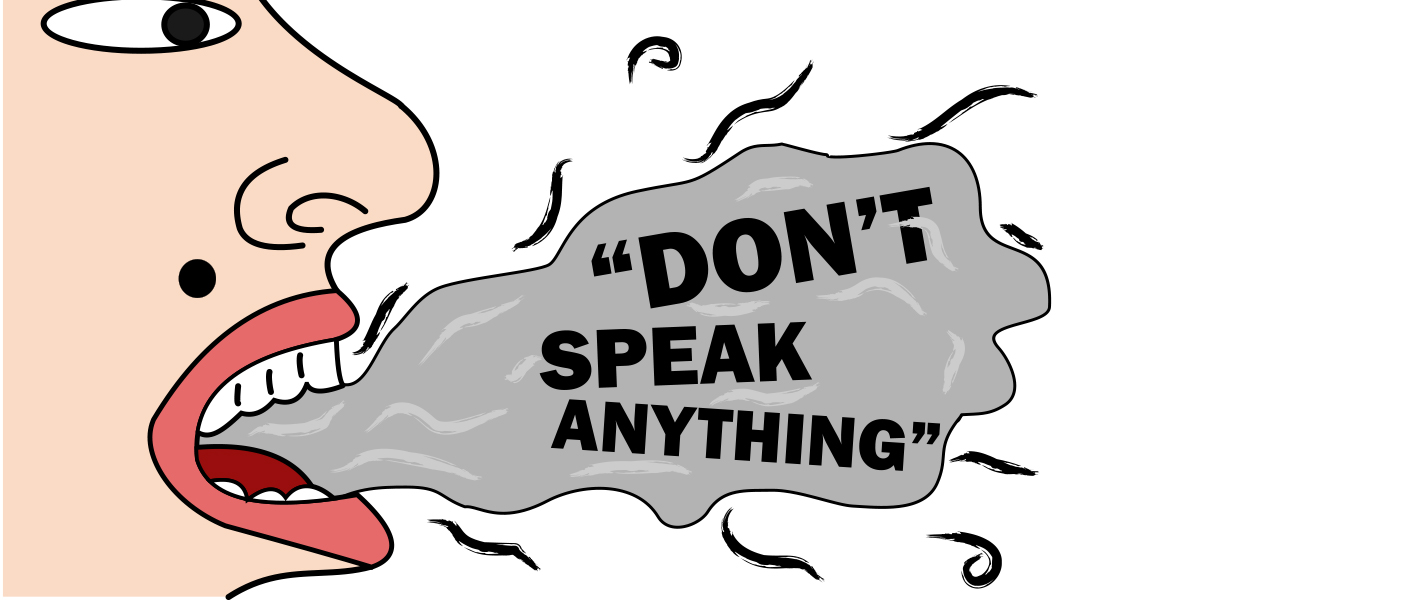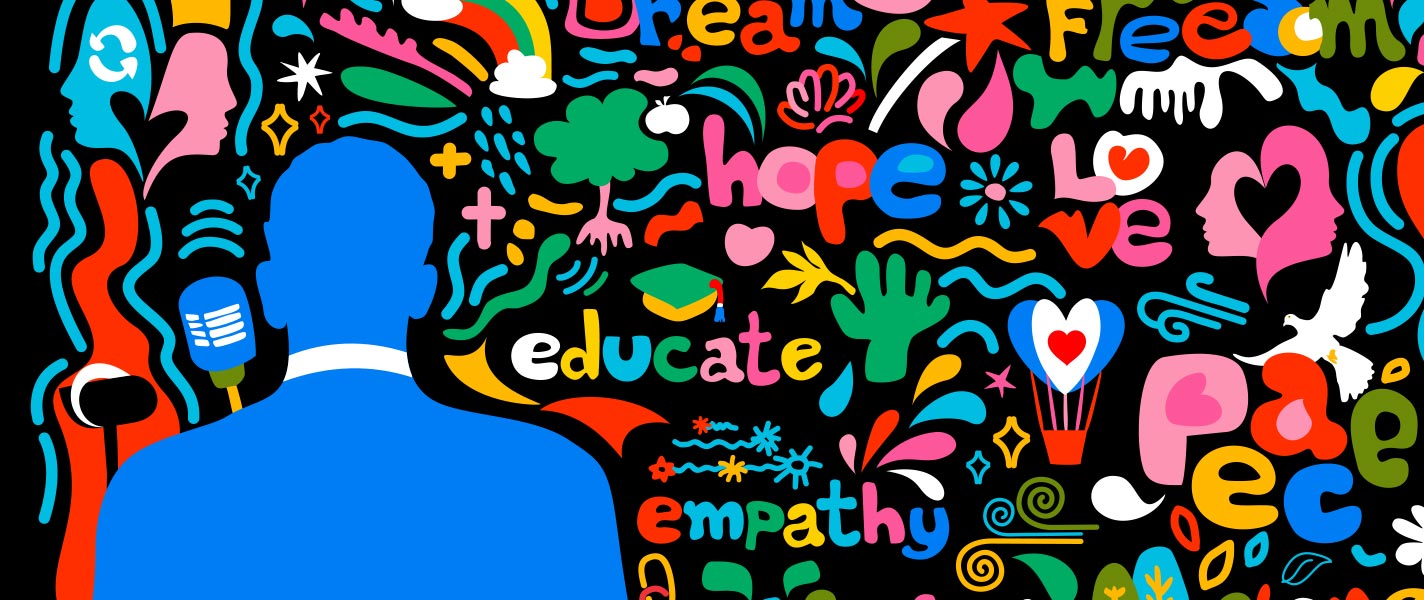“Breathe In/Breathe Out”: Youth Dilemma of Personal Development
Oh, if I had done nothing, simply from laziness! Heavens, how I should have respected myself, then. I should have respected myself because I should at least have been capable of being lazy; there would at least have been one quality, as it were, positive in me, in which I could have believed myself.” –Fyodor Dostoyevsky
The 21st century is one marked by the urge of social media influence. There has been a sudden shift in leadership dynamics where inspiration comes from gurus and coaches who vouch for the importance of personal growth to achieving success. Hence, the sudden emergence of literary guides that highlight the concept of self-development does not go unnoticed. Yet, for most of today’s young audience, these templates more often than not can be the cause of anxiety and other mental health issues. How can one stand still in the age of tutorials and DIYs which suggest that success can only come through the power of self-development?
There has been a sense of ambiguity when it comes to the idea of self-development. I admit that I, for once, have always carried mixed feelings about the trending of this phenomenon. Because of marketing strategies, readers feel pressured to get the manual that would shoot them straight to the top of the ladder of success. Yet, what happens is that even when we get our hands on the magical recipes, nothing happens! We have read a number of these books, and we are still Not that rich! We are Not that successful! We are Not the leaders we were promised to be from the book cover, and most importantly, we are NOT at ease! What we are is, unlike what we aimed for, curved out with anxiety instead of being ahead of the curve.
It is Not What It Looks Like
One of the reasons that make people skeptical about books that highlight self-growth as an easy task is how simple they make it look. It makes it pretty hard not to judge a book by its cover when the cover is made so pretty that you cannot resist it. It is important for the marketing industry to gain an audience through visual communication; but, this strategy is often misleading. Some of the books that promise to tackle the downside of leadership and success have no accurate basis. They use little to no evidence to back up their advice.
Furthermore, setting unrealistic goals that seem super easy to achieve when they are scattered into paper and failing to do them would lead the readers to lose respect for themselves. It makes them uncomfortable with being unproductive. Hence, this dilemma often creates more mental health damage than helps solve it.
What adds to the popular cynicism is the sudden emergence of this line of books. Somehow, between the years 2019 and 2023, books on self-growth, leadership and success have seen a remarkable increase in their sales. Citing from the Wordsrated research data “(…) the self-help industry has exploded in recent years: by 11% from 2013 to 2019, with U.S. sales of self-help books growing annually up to 18.6 million volumes.” and “ (…) is expected to rise to $14.0
billion by 2025”. According to a Tagari article “Within the four years up to 2019, self-help books sold 18 percent more than they did in 2013.”
The rise in these numbers makes us realize that there must be a reason behind the popularity of these books that makes them work their magic.
Do Self-Help Books Actually Help?
It goes without saying that the rule does not apply to all the books exhibited in the market. Some are, in fact, very helpful because they provide a guideline for developing healthy consistent habits. When offered with accurate strategies and mechanisms, these books deliver a conduct to becoming more than one is, or to get where one aims to be. Hence, the question that should be raised is HOW these books help, rather than IF they do help. In short, it is less about the tools and more about the way to use them.
In fact, the main reason behind the success of self-development books is that they can provide a shortcut to success. According to Helen Hayes “The expert in anything was once a beginner”. What most popular self-help books have in common is that they are written by authors who have overcome significant obstacles and have developed new insights from experiences that can be valuable to the reader. Therefore, by sharing evidence-based research or anecdotes, the reader gains time to deduct and learn from other people’s experiences. An important number of these books highlights the gist of many years of academic research. As a reader, one can gain the necessary data and knowledge on a specific domain through the flip of some pages.
Nevertheless, these books might manufacture scams. Some writers promote the idea that success is solely a matter of adopting an adequate mindset while ignoring the realistic barriers and systemic issues that often prevent people from achieving the desired results. Hence, it is necessary to pick wisely the resources that aim to provide accurate evidence. Readers must approach books with a critical eye. They also need to consider the author’s qualifications and credentials when evaluating their work of literature.
Although the idea of promoting unrealistic expectations for success might provoke anxiety and inadequacy, it is fundamental not to dismiss the whole genre. One can always take advantage of the strategies and data provided by these books to help boost one’s confidence, increase productivity and by extension, and help them find their way to success.
The article represents the views of its writer and not that of LEED Initiative.







